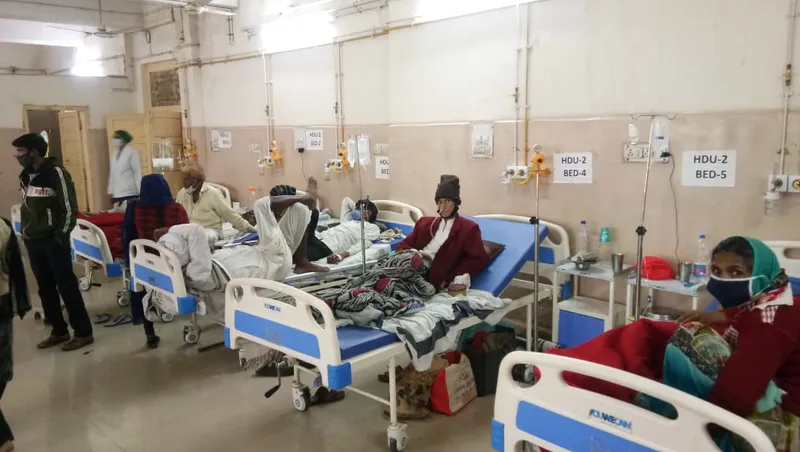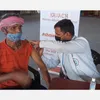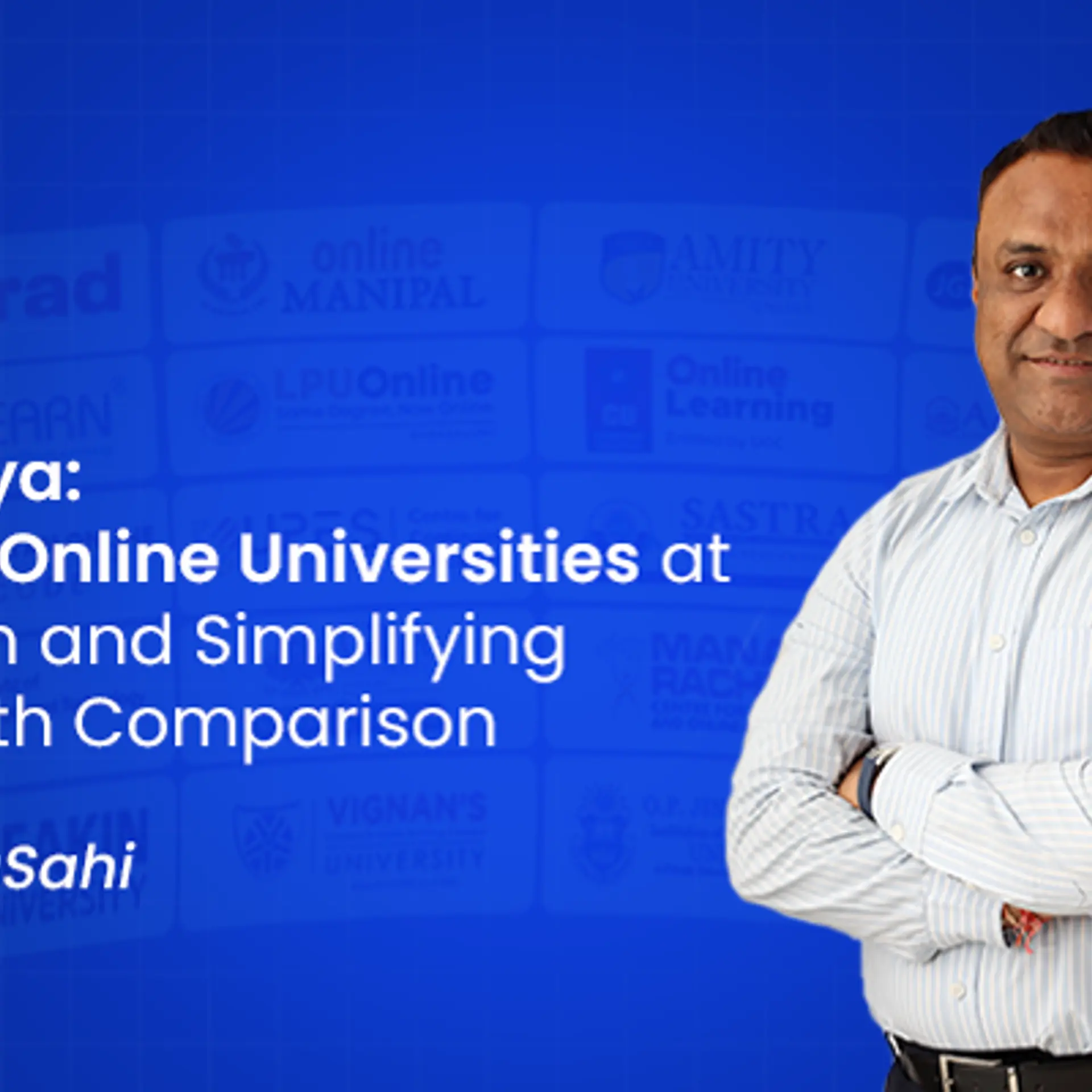How cricketer Yuvraj Singh’s YouWeCan Foundation is strengthening India’s health infrastructure
In conversation with SocialStory, Yuvraj Singh, former cricketer and Founder of YouWeCan Foundation, speaks on his foundation’s Mission 1000 Beds initiative and other projects.
The second wave of the COVID-19 pandemic was a nightmare for the country as many lost their loved ones and struggled to procure oxygen, Critical Care Unit (CCU) beds, and other critical care facilities while fighting for their lives.
Witnessing such an unprecedented crisis and loss of life all around as well as going through a personal loss, Yuvraj Singh, former cricketer and Founder of , felt the need to step up to support healthcare providers in their fight against this deadly virus.
In June 2021, his foundation launched the Mission 1000 Beds initiative to scale up the critical care capacity of government hospitals across India by setting up oxygenated beds, ventilators, BiPAP machines, and other essential medical equipment.

An innovative rapid response and low-cost initiative, Mission 1000 Beds was started to reduce the average time taken to set up the facility per location from the receipt of the grant till the handover of the facility to the hospital was 15 days.
Elaborating on the initiative, Yuvraj tells SocialStory,
“Through this initiative, we aimed to rapidly scale up the critical care capacity of existing hospitals by 10 percent that can be easily managed by hospitals with no additional resources. This project required 40 times lower cost compared to building a 1,000-bedded hospital with a similar impact. To achieve this objective, we focused only on the capex – which means that the project did not include operations, manpower, consumables, and other opex. Each facility has been built to last for 10 years, thereby expanding the long-term critical care capacity of government hospitals across the country.”
He further adds that the entire project has been executed with a total budget of around Rs 20 crore, which was donated by organisations including Accenture, Give India, SBI Foundation, PAYBACK INDIA, IndusInd Bank, and Milaap among others.
Growing support
The foundation first undertook a comprehensive need assessment in various states to identify the existing capacity of government hospitals in smaller towns compared to the number of active COVID-19 cases in those locations. After identifying the need gap, hospital authorities were approached and the number of beds and other medical equipment to be donated was finalised. Thereafter, donor organisations were approached for funding.
“To achieve our goal, our team worked day and night from their homes. We took permission as medical workers wherever required to collect the materials. The government was very cooperative and helped us whenever the material movement took place. It was due to the immense hard work of everyone in the YouWeCan family and the support from all stakeholders across all states that we managed to complete our mission successfully in such a short time,” says Yuvraj.

Under Mission 1000 Beds initiative, the team installed 1,020 CCU beds in 14 government hospitals across 11 states, including Delhi, Theog and Rohru in Himachal Pradesh, Nizamabad and Mahabubnagar in Telangana, Srinagar in Jammu and Kashmir, Dibrugarh in Assam, Rohtak in Haryana, Bikaner in Rajasthan, Faridkot in Punjab, Indore in Madhya Pradesh, Bengaluru in Karnataka, as well as Madurai and Ariyalur in Tamil Nadu.
The hospitals have also been equipped with 805 oxygen cylinders, 115 ventilators, 388 BiPAP machines, 985 patient monitors, and other critical care equipment. Moreover, 17,912 PPE Kits have been provided to eight hospitals across six states.
Impacting lives
While the number of COVID-19 cases in India reduced drastically, there is still a shortage of about 40 percent of oncology beds, says Yuvraj.
While Mission 1000 Beds initiative was started with the intent of fulfilling the critical care beds requirement of government hospitals during COVID-19, in the long term, these will be converted to cancer wards and oncology beds to address the shortage of oncology beds across the country.
“We want to strengthen the government healthcare ecosystem because Indians who reside in Tier II and III cities as well as in the rural areas where the majority of people depend on government hospitals and medical colleges for treatment. So, we plan to continue working with our government hospital and government medical college partners to empower them, The moment COVID-19 is over, we will look at converting these wards into wards for the critical care of cancer patients,” says Yuvraj.

The foundation, apart from the initiative, also continues to focus on its primary motive of empowering people to fight cancer through cancer screening programmes, cancer awareness programmes, YouWeCan Cancer Treatment Fund, and YWC Scholarship for Cancer Survivors.
It regularly conducts cancer screening and awareness camps. It has Cancer Treatment Fund for paediatric patients through which 145 beneficiaries have been supported to date. Additionally, it also offers scholarships to cancer survivors. The foundation is also working with the SBI Foundation as well as the Government of Goa on a project called ‘Swasth Mahila, Swasth Goa’ wherein free breast cancer screening will be done for one lakh women in Goa over the next two years.
To date, 1,50,000 people have been screened by the foundation for different types of cancer, 1,25,000 students have been sensitised in anti-tobacco workshops, 30,000 women have been sensitised on self-breast examination and 24,000 men have been counselled for tobacco cessation. Moreover, 150 cancer survivor students have been supported through the YouWeCan Scholarship.
Edited by Kanishk Singh








